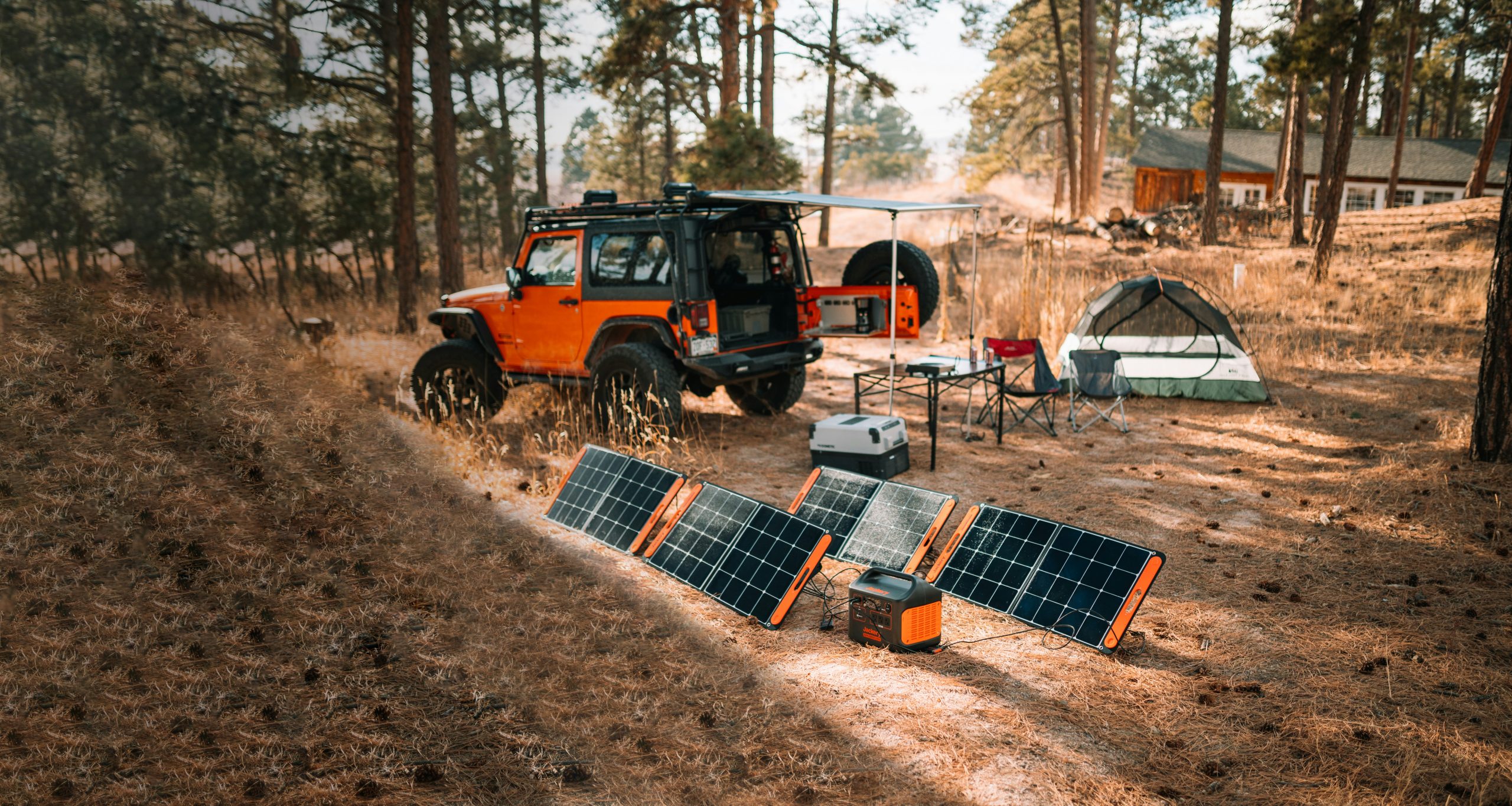Camping brings people together, but it also sparks debates about how nature should be enjoyed and protected. From technology use to campsite etiquette, opinions often clash over what counts as “real” outdoor experience. Some value simplicity and minimal impact, while others embrace modern convenience. These differences highlight how camping has evolved and how deeply people care about preserving both tradition and wilderness.
Using Technology at the Campsite

For some campers, smartphones and solar chargers ruin the sense of escape that camping offers. Others argue that technology improves safety and convenience, especially in remote areas. The divide lies between those seeking disconnection and those who value preparedness. As digital tools become part of daily life, balancing their use outdoors remains a growing discussion among nature enthusiasts.
Playing Music Around the Campfire

Music can set the mood, but volume and timing matter. Some campers enjoy soft tunes to enhance the evening atmosphere, while others see it as intrusive noise that disturbs wildlife and nearby tents. Respecting quiet hours and keeping sound levels low helps maintain harmony. The debate continues between those craving lively energy and those who cherish stillness.
Leaving Fires Overnight

Many seasoned campers insist that fires should always be extinguished completely before sleeping, citing safety and environmental impact. Yet some traditionalists believe a controlled, smoldering fire keeps campsites warm and deters animals. The disagreement often depends on location, weather, and local regulations. In wildfire-prone regions, leaving any flame unattended is strongly discouraged.
Feeding Wildlife for Closer Encounters

Feeding wild animals seems harmless to some campers, but experts warn it can alter behavior and endanger both people and wildlife. Animals that associate food with humans become dependent and may grow aggressive. Despite clear rules against it, a few still find the temptation hard to resist. Education and awareness continue to be key in reducing this risky habit.
Bringing Pets to Remote Campsites

Camping with pets can be rewarding, but it raises questions about safety and impact. Supporters enjoy sharing adventures with their dogs, while critics worry about noise, wildlife disturbance, and waste. Leash rules vary across parks, causing further debate. Responsible pet owners who follow regulations often bridge the gap between both perspectives.
Camping Off Established Trails

Going off-trail appeals to those seeking solitude and adventure, yet it can damage fragile ecosystems. Some argue that spreading out reduces overcrowding at popular campsites, while others warn that it leads to erosion and habitat loss. Land managers encourage designated areas for a reason, but the desire for untouched wilderness keeps this issue alive.
Using Generators for Comfort

Portable generators bring power for lights, cooking, and devices, but their noise and fumes clash with the peaceful nature of camping. Minimalists view them as unnecessary, while others appreciate their reliability in long stays or group trips. The challenge lies in using them respectfully, ensuring convenience doesn’t come at the cost of tranquility.
Leaving Gear Set Up Between Trips

Some campers leave tents or chairs at sites to reserve space for future visits, frustrating those who arrive later. Park rules usually prohibit unattended equipment, yet the practice persists in busy areas. Advocates see it as practical, while critics view it as selfish. It’s a reminder that respect for shared spaces remains central to outdoor ethics.





